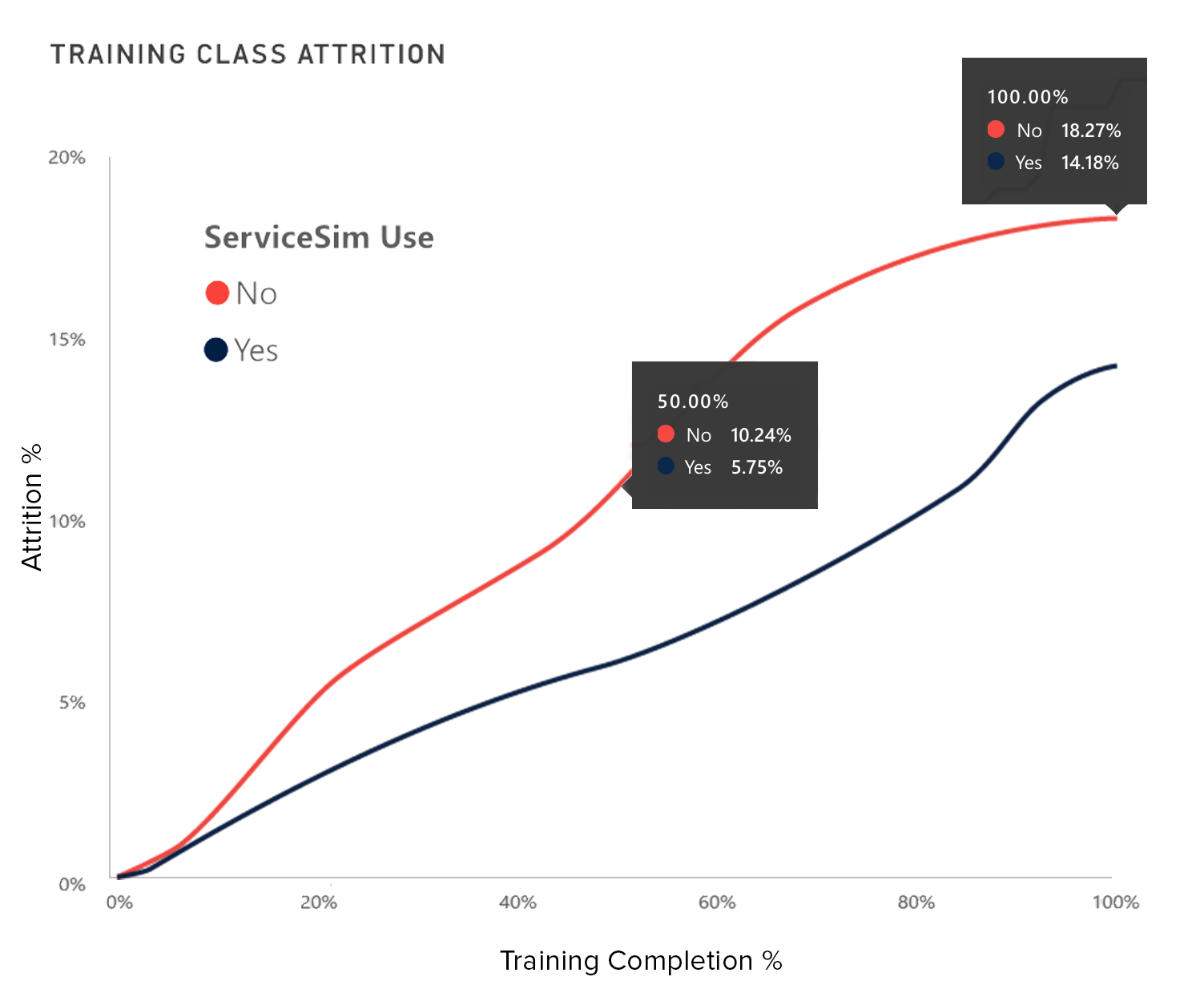Your agents are foundational to better customer experience. And the technology they use is crucial to their performance.
But not all tools are created equal. Agents can get stuck using tech that addresses financial and operational requirements but doesn’t meet their needs, laying the groundwork for low adoption and dissatisfaction.
Because agents are the ones using contact center tools, leaders need to hear their voices. Here are three things agents want from their technology right now.
1. The less technology, the better.
Agents say they want less technology, period. But what needs to change?
Typically, agents use multiple software at once, whether they access them by navigating from tool to tool or moving through one integrated system. And contact centers typically view integrating tools into a single view as a good thing.
But it only makes every call more complicated for an agent.
Think of it this way: every piece of information you could ever need from every tool you use floats on your laptop screen all day. That’s pretty overwhelming.
Agents want the technology they need to do their job, not every tool that might be helpful along the way. More tools don’t equal improved KPIs and better customer service. They just confuse and frustrate agents.
The real performance raisers for your contact center are your agents—when they have clarity in the tools they use and support from their leaders.
It’s time to cut your tech stack down to the tools that matter. To do so, ask yourself—and your agents:
1. Which tools create an actionable path to resolving customer issues?
2. And which only add clutter to that path?
2. User-friendly tools are useful tools.
We’ve all heard of customer self-service, but what about agent self-service?
Agent self-service is when agents can quickly find clear answers on how to best assist a customer. Navigating technology should be as fast, easy, and reliable as customers visiting an FAQ page or help center for simple answers about a product or service.
When agents can help themselves find information without digging through databases, they feel capable and knowledgeable. Which is why agents want tools that support self-service.
But certain technology makes it difficult, like CRMs and knowledge bases. They can be hard to navigate, especially without adequate training. When using these tools, agents have to know where to look to get actionable results that fit each customer’s specific issue.
And tech that requires a longer period of training and adjustment reduces agent efficiency. Customers are put on hold or receive a less than satisfactory experience when agents need extra time to locate the next steps to achieve resolution.
“Contact center technology is all about helping agents be more efficient. We know that if we aggravate our agents, that’s going to have a downstream effect on our customers. And it’s going to raise turnover, leading to a less well-trained workforce.”
—Jeremy Watkin, Director of Customer Experience and Support at NumberBarn
So, do the tools in your tech stack align with agent self-service?
If any manager, leader, or non-agent can understand how a tool works on the first or second try, that’s a good sign. Look for tools that are intuitive and user-friendly to ensure your agents succeed.
3. Automation is key.
Agents want technology that lets them focus on the customer instead of holding a conversation while pulling up documents and searching for key information.
It doesn’t make sense for agents to multitask when trying to develop a genuine connection. Customers can tell when an agent’s attention is elsewhere, ruining the agent’s efforts to craft a satisfactory service experience.
Improving customer satisfaction depends on tools that can take over repetitive or mundane tasks, so agents can deliver what technology can never provide: human empathy and emotion.
Automating the tasks and processes that technology can complete faster and more accurately than a person can paves the way to a streamlined contact center.
The impact of automation on agent satisfaction.
Utilizing automation removes frustrating tasks (like documenting notes in the CRM) from agents’ to-do lists, improving the agent experience.
With routine activities being taken care of, agents have more time to grow their expertise in the contact center space, especially if they want to build a career in CX. Agents can assist with higher-level or complex customer issues and can find satisfaction in more fulfilling work.
It’s clear: technology that automates is key to agent satisfaction and retention.
The right tech stack empowers agents.
When agents are empowered, not limited, by technology, customers experience seamless conversation and resolution.
So when considering new technology, prioritize your agents’ wants to ensure your contact center keeps delivering on customer satisfaction.
See why Vistio’s AgentHub is the workflow tool agents don’t hate.

